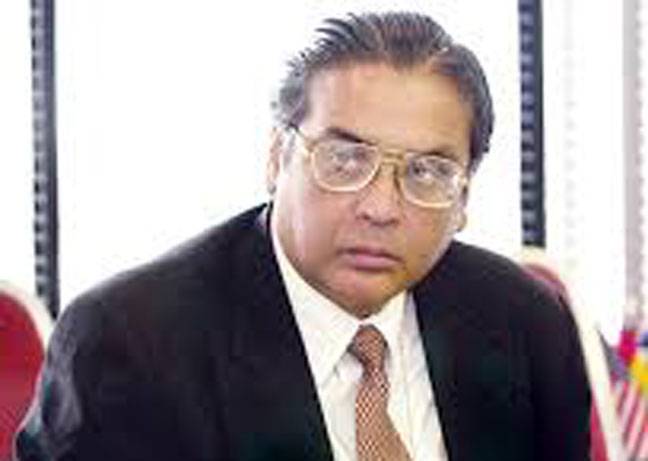LAHORE - Senior economist and former Finance Minister of Pakistan Dr Hafeez Pasha said that the incumbent PML-N government will not pursue a new NFC Award. Speaking on the occasion of the 2nd Consultative Session of the National Finance Commission Award organised by the PRIME Institute, Dr Hafeez Pasha called for decentralisation of the tax regime and harmonisation of the tax rate to overcome chronic problems of the NFC.
Dr Pasha stated that it is imperative that the horizontal sharing formula of the NFC Awards be updated after the census. He proposed that 60 to 70 percent of the divisible pool should be allocated to low income provinces because the current award is not equitable.
He called for creating incentives not only for resource generation but also for the allocation of resources. He also proposed that conditional grants should be provided to those working on priority areas of the Federation such as education and health. Former Finance Secretary Abdul Wajid Rana, who was moderating the discussion, said that India has now introduced their 14th NFC award, while Pakistan is only on its 7th Award. He pointed out that after the 18th amendment, the share of provinces could not be lower than what has been determined in the 7th NFC Award.
Dr Ikramul Haq, author of the book Towards Flat, Low Rate, Broad and Predictable Taxes, said that taxation rights are not distributed fairly between the provinces and the Centre. He noted that disputes between provinces and the center arise because provinces are not allowed autonomy to determine tax policy. He called for a clear demarcation of jurisdiction to avoid conflicts over revenue between the units and the Centre. He expressed his concern at the immense level of double taxation in the system, and called for major sales tax reform.
Scholar and businessman, Najaf Yawar, during the question answer session, said that the Pakistani government needs to identify the optimal level of taxation. He said that if provinces were to compete on tax rates, smaller provinces would choose low rates to attract investment.
Legal academic at LUMS and former president of the Pakistan Bar Association Zafar Kalanauri said that because Pakistan has a low literacy rate, the tax system needs to be extremely simple for compliance.
Saad S Khan of the National School of Public Policy was of the opinion that the allocations made in the current NFC award are not inequitable. He cited that Balochistan’s budget has increased over 1000 times since 1982, much faster than any other province. He said that apart from NFC Award revenues, smaller provinces received a greater share of development spending. Business community representative Zahid Hussain was of the opinion that 16 percent is not a viable rate for sales tax, and noted that many consumer products lose value for buyers at such a high rate. People who are not even taxable are paying taxes in the form of withholding taxes.






